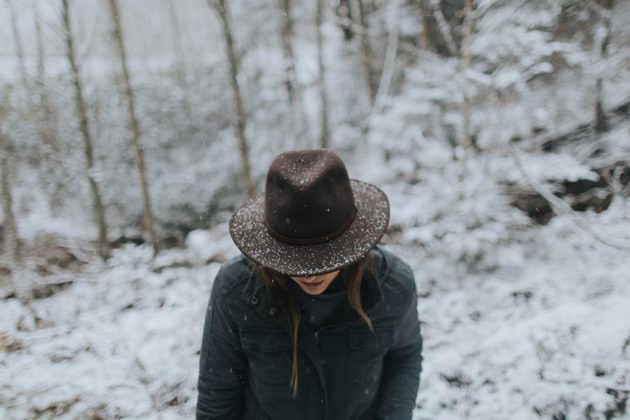As the days start to become shorter and the temperature drops, many people’s spirits begin to dip. Even if you don’t have Seasonal Affective Disorder, adjusting to the shorter days can be very challenging. However, the advice below can make a difference if you’ve ever felt “blah” at the start of winter as darkness falls.
- Protect your sleep.
Infrequently getting enough sleep might increase your risk of developing anxiety and depression, which can also be its symptoms. However, the winter months can cause even more sleep disturbances than usual due to scheduling for holidays, travel, or daylight saving time. But if you can try to protect your sleep in any way—have a more regular bedtime by making an effort to put your devices away a little earlier, use blackout curtains if the early morning sun is causing you to wake up earlier, or spend a little extra time making your bedroom as comfortable as possible in terms of temperature and sound—it can make a significant difference on your mood.
- Maximize your natural light.
You must make the most of the sunlight you can during the winter; even five minutes of it might make a difference. This entails eating lunch outside, going for more walks, and working while seated by windows. Simple schedule adjustments can be helpful for some people, such as going to bed a bit earlier to wake up a little earlier to soak it in.
- Prioritize social connection.
One of the finest things that can do for our physical and mental health is to have healthy relationships with other people. Increased darkness frequently results in a greater subjective sense of isolation and an actual increase in isolation. For example, when it’s chilly outdoors, people walk their dogs faster, spend less time outside, and are far less likely to congregate in public places. Making plans to spend time socially with those who make you feel lighter can help you combat this because these connections are pretty good for your health.
- Stay close to nature.
We all know how beneficial nature is to us; therefore, when we experience seasonal symptoms, we tend to spend less time in it, which makes us feel down. In addition, we can become more worried and less calm if there is more fluorescent lighting, less ventilation, less open space, and less greenery. Therefore, allowing plant life to grow in addition to the sunlight we already discussed is useful.
Did you know that recent studies have found that indoor plants can genuinely elevate mood? So try to bring some of the outsides inside. And it’s much nicer if you can go on a winter trek, run and jump in some leaves, or just bundle up and enjoy a stroll.
- Plan a break.
The reason experiences are better gifts than items is probably due to the added anticipation of having the experience and the joy of remembering it later. Still, with objects, we may rapidly become desensitized to them. A gift in and of itself is the anticipation of a vacation. Even if you lack the funds or the ability to take off enough time from work to take a real break, organizing a particular adventure or experience might greatly lessen your wintertime blues.







